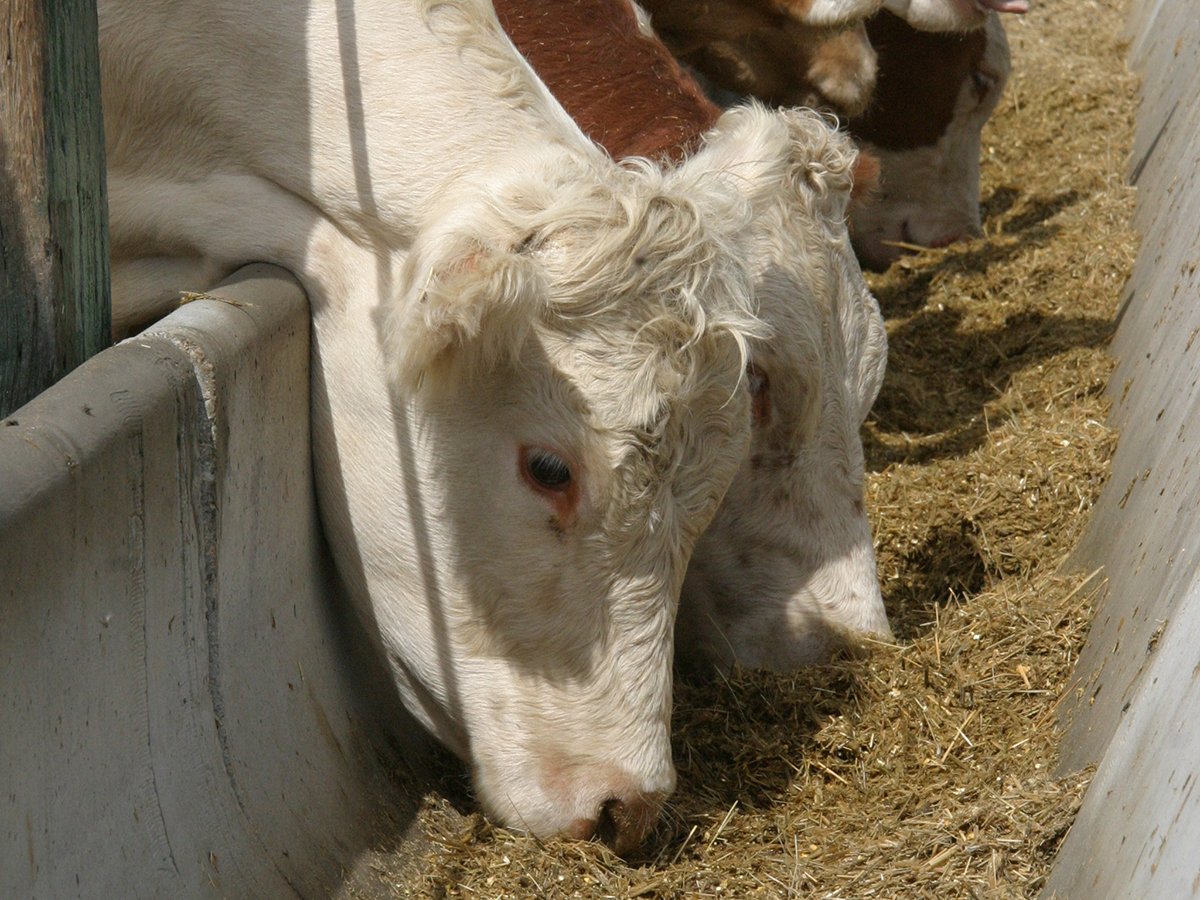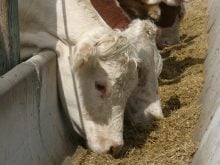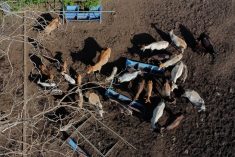Canada will retaliate if the European Union fails to meet a mid-May deadline set by the World Trade Organization for opening its borders to beef produced with growth hormones, warns the federal government.
“Should the EU fail to comply with the WTO ruling, Canada will seek further recourse under the WTO, including compensation or suspension of concessions,” the foreign affairs department said as it released its 1999 trade strategy.
And if the Americans continue to look for new ways to limit imports of Canadian grain or beef, the federal government will fight back.
Read Also

Alberta cattle loan guarantee program gets 50 per cent increase
Alberta government comes to aid of beef industry with 50 per cent increase to loan guarantee program to help producers.
It noted that the U.S. purchased 11 percent of Canada’s wheat exports by value last year.
“While Canadian wheat is valued by U.S. mills for its uniformity of quality and reliability of supply, some U.S. producer groups continue to press for restrictions on Canadian grain against a background of myths about Canadian agricultural trade practices,” said the department.
“Canada will not restrict grain exports.”
Agriculture a priority
These were two of the issues highlighted as the federal government said it will make trade issues a priority in 1999 and agricultural exports will be near the top of the list.
The foreign affairs department said a focus for the year will be on preparing Canada’s opening position for the next round of world trade talks being launched in November.
But it also will use existing trade rules to push for more market access.
“Reducing barriers for Canadians abroad is a challenging job,” trade minister Sergio Marchi said as he released the 1999 trade agenda March 25. “I urge all Canadians to help us tackle this challenge by letting us know when you encounter a problem overseas.”
The department said it will continue to lobby the U.S. against using export subsidies and against imposing trade-stifling country-of-origin labeling on meat imports.
And it will fight for increased access for Canadian sugar and sugar-containing products in the American market.
High on the list of trade irritants with Europe is the continued EU ban on importing genetically modified canola.
“Canadian canola exports to the EU peaked in 1994 at $425 million,” said the report.
“In 1998 in Canada’s absence as a supplier, the United States exported non-GM canola to the EU. Canada will continue to take every opportunity to press for access for GM canola exports.”
Canadian negotiators will target Japan’s measures which discourage expansion of chilled and frozen pork imports and tariffs that encourage Japanese crushers to buy raw canola rather than canola oil.
Canada says it also will continue to discourage Japan from acting on a proposal that food be labeled according to whether or not it contains genetically modified ingredients.
The Canadian position is that labels should be required only if genetic engineering has changed the nutritional value of the food or has injected a gene that could cause allergic reactions or other health problems.
Otherwise, GMO labeling “has the potential to convey misinformation about safety of GMO food products which are substantially equivalent to conventional ones,” said the department’s trade strategy.















